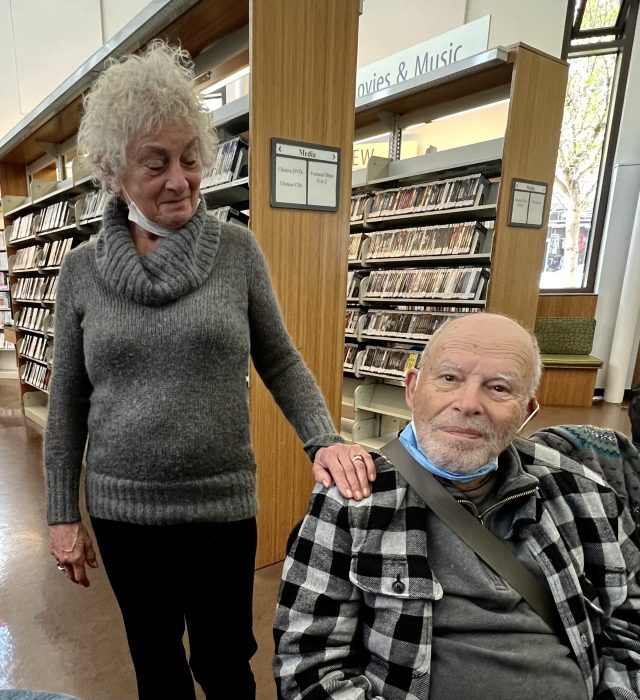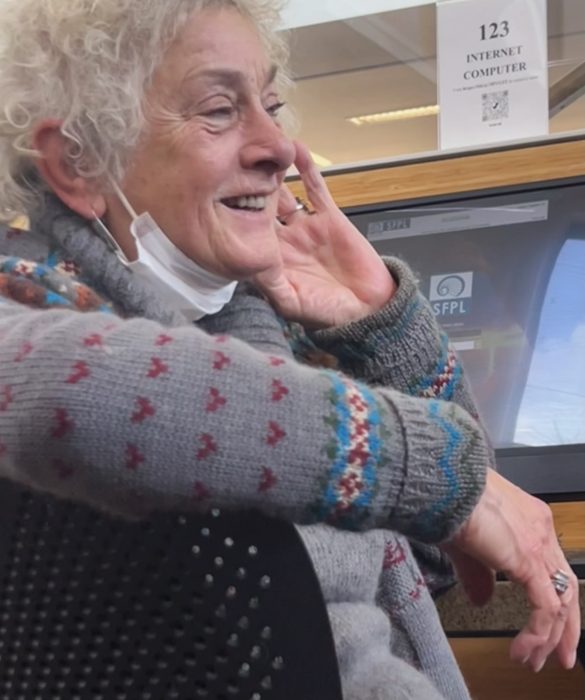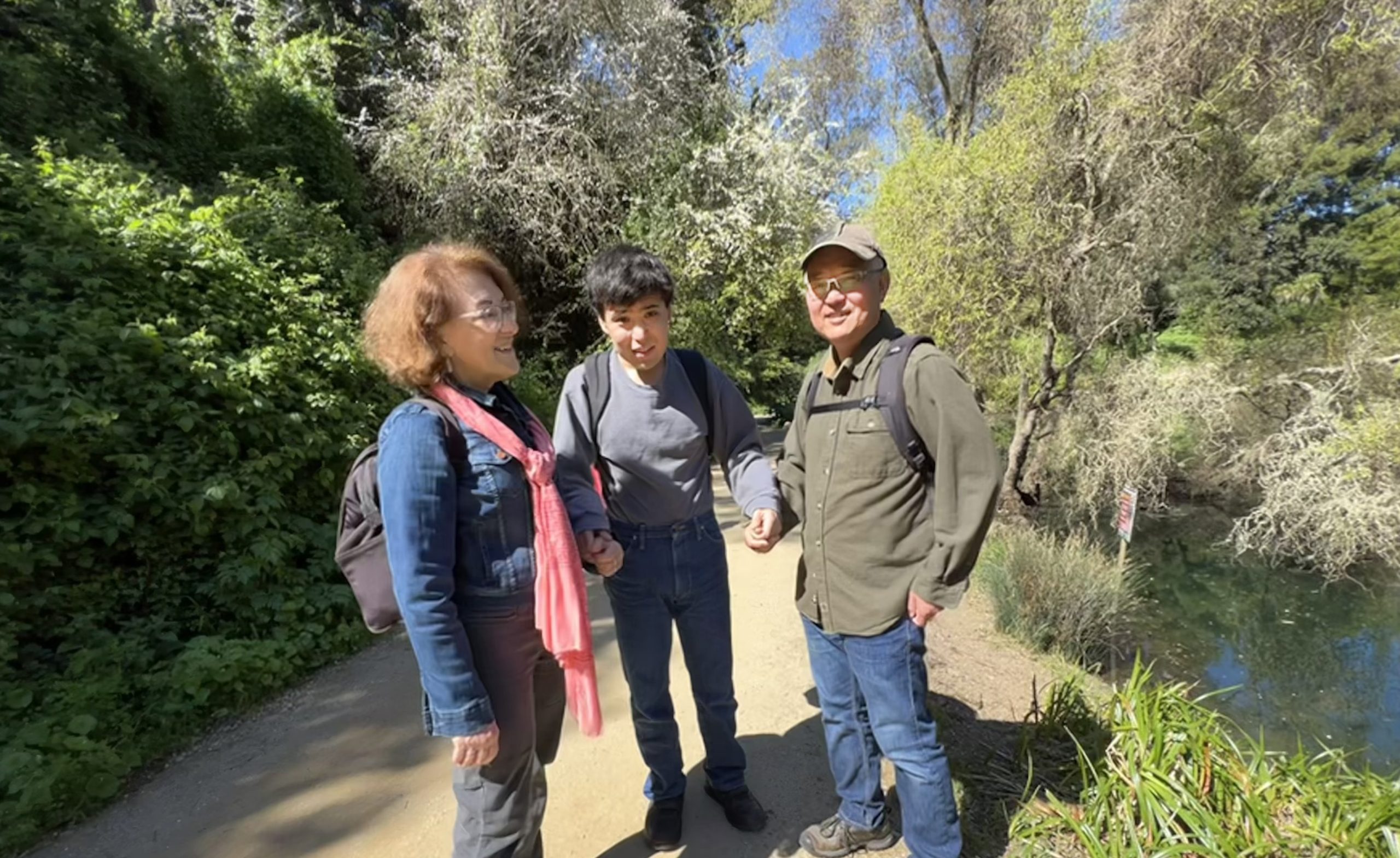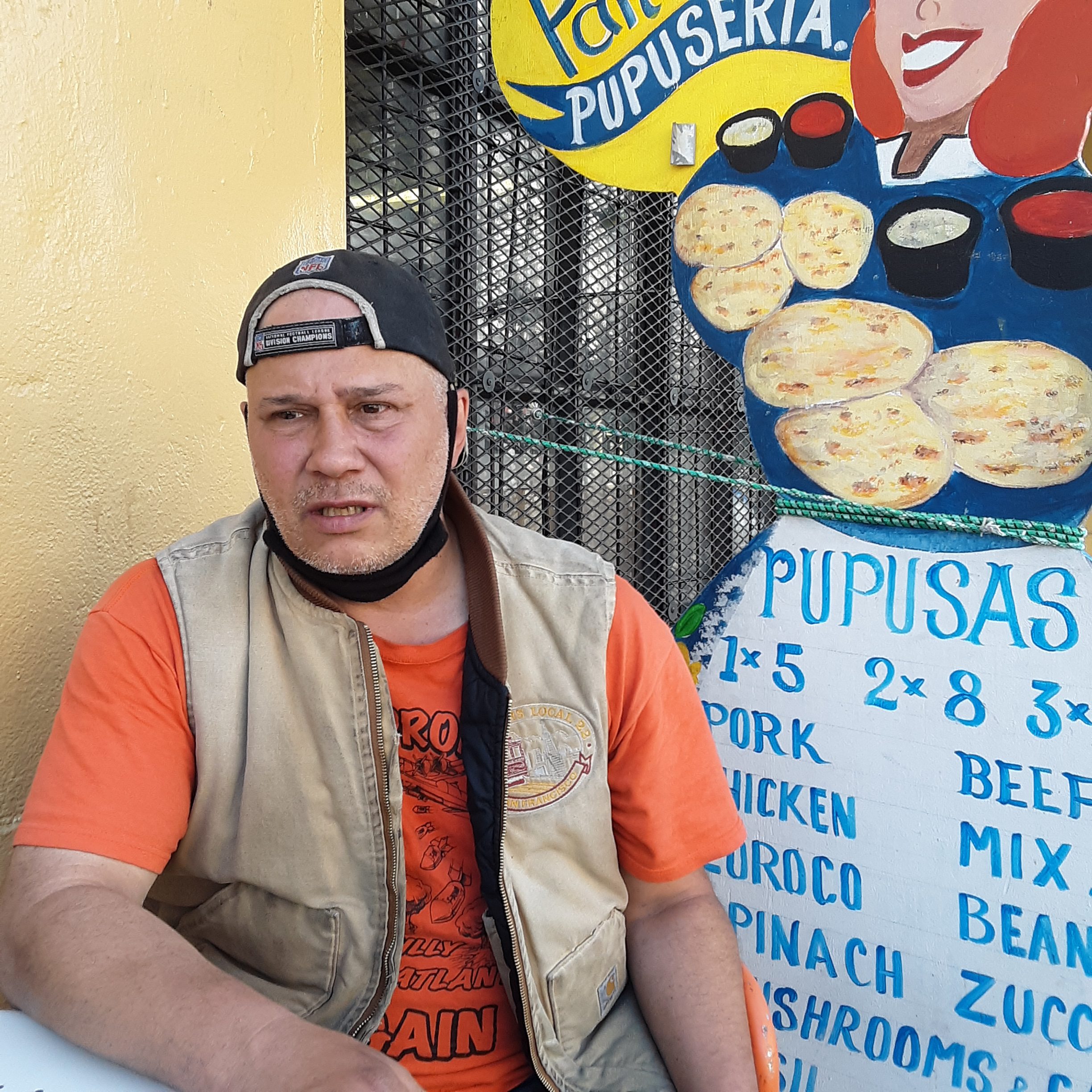Former sailor and academic researcher forged unique bond as writing and editing duo
It’s a Thursday morning and the North Beach branch of the San Francisco Public Library has just opened. Like almost every Thursday morning for the last 10 years, Janis Kaempfe and Claude Ury have settled down at one of the branches’ eight networked computers. Ury is there to polish up his review of a recently published book on languages. Kaempfe is there to help.
Ury, a retired economics and social sciences researcher, spends much of his time crafting short book reviews for publications like the Library Journal and the Literary Hub. Kaempfe is a former Merchant Marine sailor and a just-retired technology trainer for the Community Living Campaign.
The two have a well-established routine. Ury drafts a review at home and meets Kaempfe at the library, where she makes suggestions, edits the piece, and emails it for publication.

Today’s session is a bit sad. Since Kaempfe is retiring, she’ll no longer be available to work with Ury, and this is the next-to-last time they’ll meet. “Working with him is so stimulating; his reviews are full of information,” she said. “This feels very, very bittersweet.
Although fiction isn’t to his taste and he never reviews it, a look at listings of his published and in-progress reviews points to someone with a solid background in business – he has a doctorate in economics – with broad interests and a curious mind. Recent reviews posted by the library journal include a study on malls, a look at how school reform affects Black children, and “The Big 100: The New World of Super-Aging.”
Free tech lab
He recently completed a review of Language City, The Fight to Preserve Endangered Mother Languages in New York City, and is working on a piece about poverty in America.
The collaboration with Kaempfe began about a decade ago when Ury, now just shy of 87, dropped into a free CLC computer lab in the Mission. Kaempfe was there that day and started showing Ury the basics. Like a lot of older people at a time when smartphones and social media had not become ubiquitous, Ury was a technology novice.
“Back then, seniors were asking their grandchildren for help; many didn’t even know how to turn their computers on,” Kaempfe said. Ury, who had written academic articles over the years, wanted to try his hand at book reviews, and to do that he needed to use a computer. “Janis is terrific,” he said, “she made it easy to learn how to use the computer.”
The reviewer’s job pays nothing, not even a bound copy of the book. Instead, Ury usually works from a PDF sent by the publisher. Sometimes the publishers send a synopsis of the book. “I like learning what I need to know without spending the time to read the whole book,” Ury said jokingly.
Although the reviews are short, about 200 words on average, they’re labor intensive, taking about a month from start to finish. And that doesn’t include the time he takes to peruse publishers’ listings of upcoming releases. Still, he loves what he does. “It’s a pleasure,” he said. “It’s wonderful for a senior to do; it keeps my mind alert, and it keeps me informed.”

Before retiring this spring, Kaempfe had worked at CLC for a dozen years, first as a volunteer, mainly supporting CLC events, and later as a computer support staffer. She grew up in Columbia, Illinois, a small town with a population of about 3,000 “if you count the sheep and the pigs,” she jokes.
She started college at Southern Illinois University and later transferred to San Francisco State University, where she earned a degree in criminology. She put that degree to use helping to establish San Francisco’s ”release on your own recognizance” program, in which arrestees not a safety risk can be let out of jail in exchange for a written promise to show up at future court appearances. The project was developed while she was a student at SF State in conjunction with John Keith Irwin, a noted criminologist. The goal was keeping people who couldn’t afford bail from losing their jobs awaiting trial in jail.
Merchant Marine
She also helped Head Start create an education program for Black students in East St. Louis, Illinois. Kaempfe and her colleagues recruited local college students to work as tutors. The young students make good progress, she said, but the real progress was made by the volunteer college students, who “learned about the real world” of one of the poorest cities in the Midwest.
Kaempfe, who doesn’t care to discuss her age, speaks in a deep Midwest, rather throaty voice. She has a head of curly white hair, looks fit and energetic, and has always been independent, including of long-term career aspirations and matrimony. “I’ve never been married, I’m happy to say,” she said. “When you live a long time, your friends become your family.”
She’s a jazz lover; she and Ury sometimes go to clubs together, and she once took a waitressing job at the old Dogpatch Saloon to “hear the music and have fun.” She’s a longtime North Beach resident, which seems to fit her rather Bohemian affect, but don’t confuse that with her work ethic. She works long hours at her job at CLC, which doesn’t leave her much time for fun, she said.
She joined the U.S. Merchant Marine in the late ‘70s. She served food and helped on deck and in the engine room on and off for about a decade. In between, she worked as a paralegal in the real estate business and did some waitressing.
It was a bad set of events that set her to sea. “I was broke, had just gotten mugged, and had a boyfriend to get rid of.” She took a job with the United States Geological Survey, working in the galley of a ship headed to the Bering Sea, The job earned her sailor’s papers. After the voyage ended, one of her USGS shipmates came to town and convinced her to join the Merchant Marine. She sailed off and on for some 10 years. “The best part was the travel and the chance to be on my own.”
Obviously proficient at technology, she’s hardly wired. Kaempfe still uses a landline as her main phone and tends not to share her mobile number. “It’s not me,” she said. Her tech skills are self-taught, mostly in service to teaching seniors, and she keeps up on its many changes. “When I began, iPhones, etc. did not even exist.”
Book reviewer
Ury was born in Paris, the son of Russian and German Jewish parents who fled to France from Germany after Kristallnacht, the brutal Nazi attack on Jews and their property. But Germany soon conquered France. Refugees once again, they fled France and managed to gain residence in Los Angeles.
The family moved to Oakland before “my bar mitzvah,” Ury said, and opened a chain of women’s clothing stores. Decades later, he’s still proud to mention that “I was an Eagle Scout with 80 merit badges.”
Ury studied economics at the University of California-Santa Barbara. A career as a largely independent researcher followed with stops in England and Wales, where he did research for the University of Wales, and wrote and published many academic papers for education and economics journals.
Moving to the Bay Area, Ury became friends with San Francisco’s head librarian, who encouraged him to consider a second career as a book reviewer. He gained some notice reviewing books for the Sacramento Book Review (apparently no longer publishing). Soon, major publishing houses, including Simon and Schuster, were notifying him of upcoming releases and accepting his reviews.
Despite some health challenges, Ury has no plans to stop reviewing – “good books are coming out” – but he worries about the future of the publishing industry. Between the consolidation within the industry, online competition, and ever-rising costs, he can picture a time when few new works are there to review.
As to Kaempfe, leaving CLC and her work with Claude is difficult, “but every 20 years or so, you’ve got to do something different.”
She hasn’t decided what she’s going to do next, other than keep in touch with Ury, a friend who became family.





